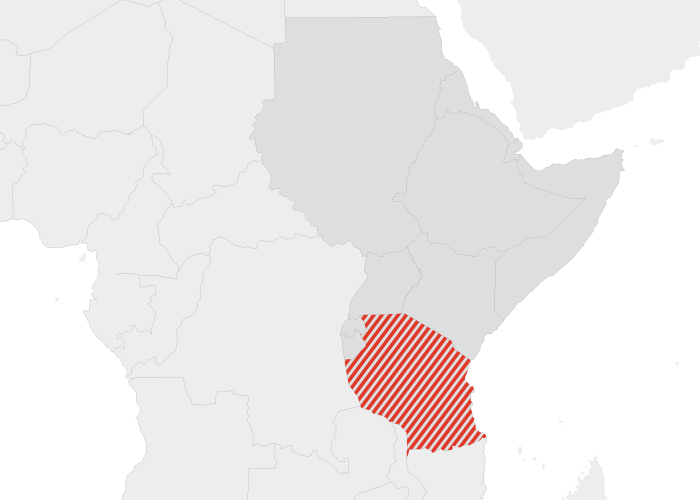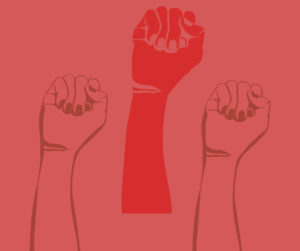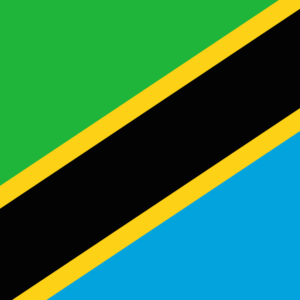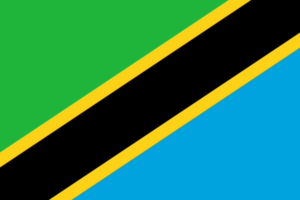During the reporting period, the Tanzanian government suppressed dissenting voices. Authorities restricted access to information by imposing bans on VPN without permits to regulate access to content deemed “illicit”. Journalists, notably women journalists, endured targeted abuse and harassment, fostering a climate of fear and self-censorship.
During the reporting period, the Tanzanian government suppressed dissenting voices. Authorities restricted access to information by imposing bans on VPN without permits to regulate access to content deemed “illicit”. Journalists, notably women journalists,
endured targeted abuse and harassment, fostering a climate of fear and self-censorship. Additionally, unknown gunmen attempted to assassinate Tanzanian politician Christopher Ole Sendeka, a Member of Parliament for Simanjiro, by shooting at his car with bullets. Despite vocal opposition and widespread protests, the government neglected to address the relentless forced relocation of the Maasai communities. Environmental Human Rights Defenders (EHRDs) faced repression, particularly concerning their opposition to the East Africa Crude Oil Pipeline (EACOP) project. Furthermore, reprisals against HRDs persisted, particularly on journalists, lawyers, and civil society organizations (CSOs).
The information is based on our latest bi-annual report that can be found under our reports .



Tanzania should use its human rights review at the United Nations (UN) Human Rights Council to renew its commitment to civic space, DefendDefenders said today.

In a joint report prepared ahead of the UN Human Rights Council’s review of Tanzania in the framework of the Universal Periodic Review (UPR), DefendDefenders
Address:
Arie Towers
Plot 16, Mackinnon Road
Nakasero P.O. Box 70356,
Kampala, Uganda
General Phone Line:
+256-200-760-700 (General)
24/7 Emergency Phone Line: +256 707 020086